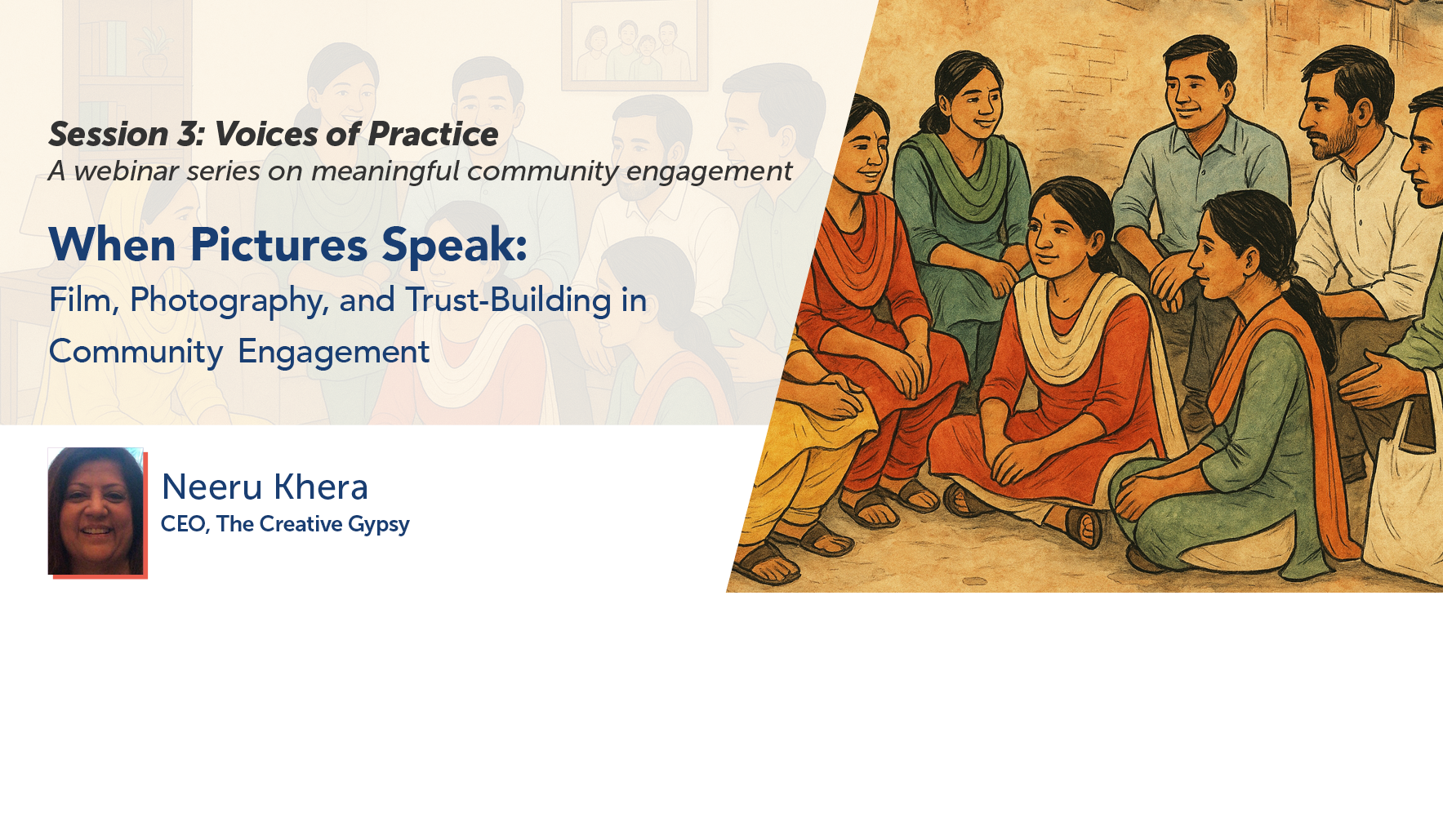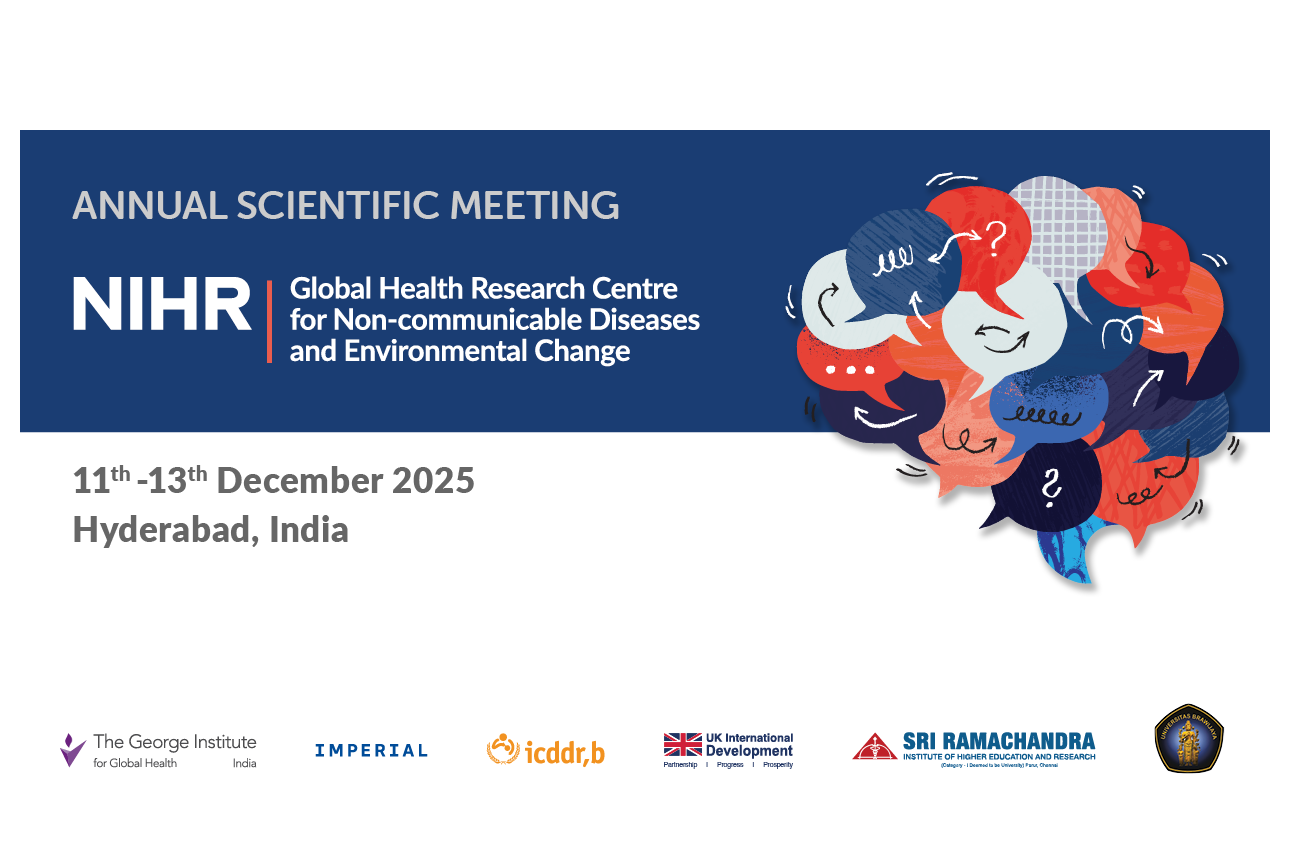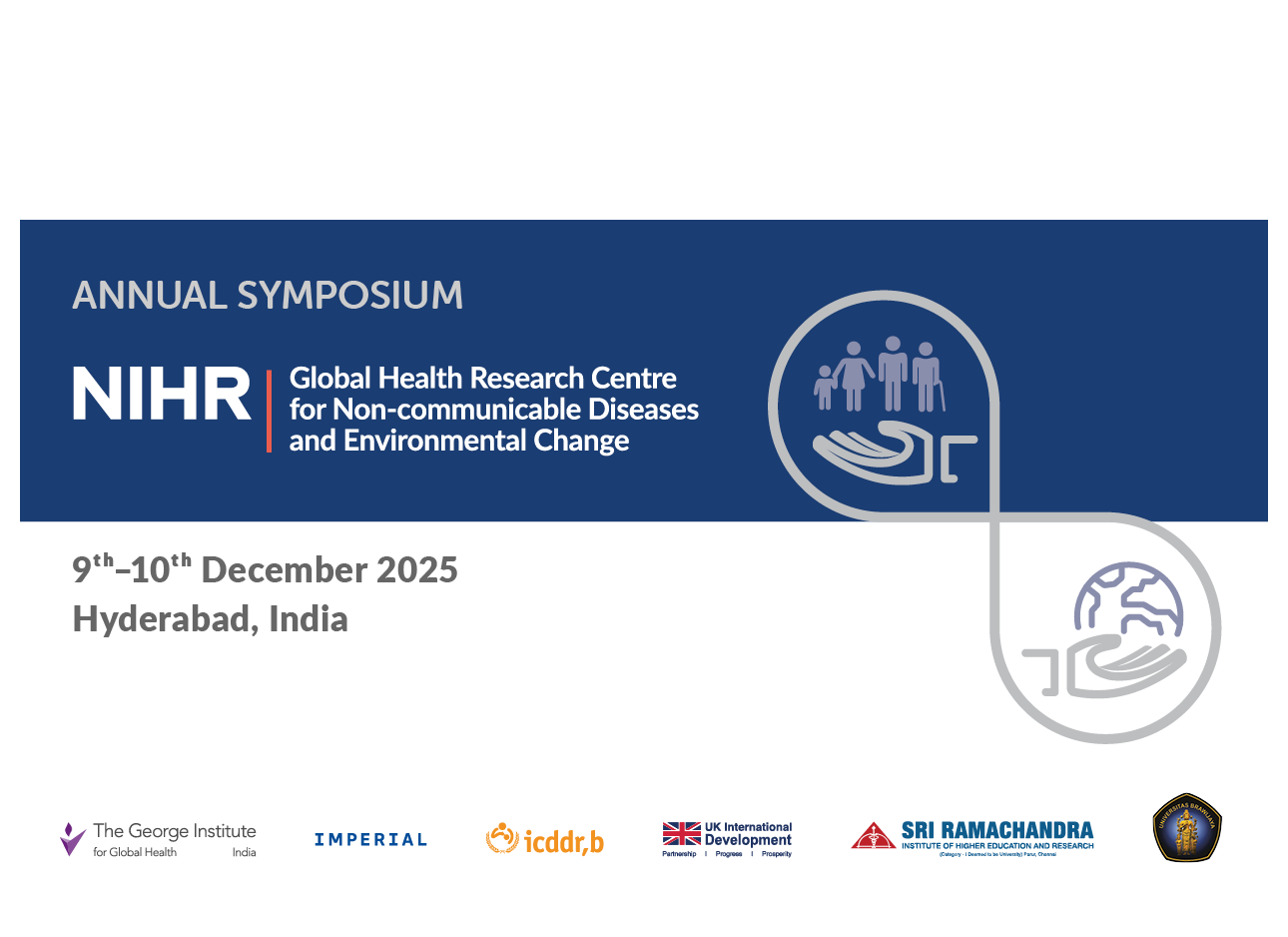25 September 2024
This blogpost was first published on 16 July 2024 here and here. It is being republished on this website with due permission
————————————————————————————————————————————————-
Many international funding organisations are launching new research funding opportunities, such as those announced by NIHR, UK1, aimed at boosting research capacity in Lower Middle-Income Countries (LMICs). Indian researchers would be keen to apply for these grants but are their employing institutions well-prepared to support large international collaborations?
Successful multi-country collaborations depend on seamless coordination that extends beyond strong working relationships among research partners. It also encompasses efficient collaboration between finance and operations, legal divisions, ethics and policy units, and risk management, among others. In many international institutions, these responsibilities are managed by research managers and administrators (RMAs), who often form a dedicated research development cell. However, in India, the presence of an RMA, let alone an RMA division, remains an exception rather than the norm. This has implications for sustainability of doing science in India
Earlier this year, India celebrated the National Science Day on 28th February, themed around sustainability. On the same day, The Hindu published an article2 discussing India’s sustainability woes with respect to science funding. India allocates less than 1% of its GDP towards scientific funding – a problem that is widely discussed in mainstream media. What fails to get traction is the lack of funding allocated towards managing these funds and large-scale research projects.
RMAs are responsible for ensuring efficient coordination of grants within an institution including timely funds release which is critical for not just doing good science but also supporting project personnel. With RMAs taking care of administration and management of research projects, researchers’ get more time to focus on meeting research goals. This partnership creates an enabling environment for science in an organisation. But this emerging cadre of RMAs often lack professional recognition and adequate funding, which is a stumbling block to a sustainable research ecosystem.
How RMAs strengthen the research ecosystem
The need for RMAs was a direct result of the call for regulatory compliances for good research practice. As science and scientific discovery became diverse, and research became more collaborative and translational, there was a need for RMAs in higher education institutions (HEIs) to attend to the legal and policy matters related to research. This also led to the evolution of professional specialisation in research management. Today, RMAs specialise in patent law, science policy, research governance, knowledge management, monitoring and evaluation, and research capacity strengthening just to name a few verticals. The verticals vary depending on the institutional requirements. For instance, at The George Institute for Global Health, RMAs support proposal development and research capacity strengthening, provide guidance on data and research governance, publication policies, and manage development and delivery of online training.
Lack of recognition for RMs in India and other LMICs
While research management is not a new profession and can trace its origins back to the 1950s3, it suffers an identity crisis, particularly in the global South. The global North has a long track record of forming research management collectives that provide specialised trainings and grants. Over the years, they have pushed the envelope of research services to keep pace with the recent developments in the scientific ecosystem. However, specifically in India and more generally in the global South, research management is still an emerging field grappling to find its ground.
Although the importance of the function that RMAs perform in research and HEIs has been widely acknowledged in recent years, the need of having trained and dedicated staff or RMAs to perform these functions barely finds mention in common discourse. For example, while the National Education Policy 20204 rightly recognises the importance of Research Development cells (RDCs) in enriching the quality of research in HEIs and even provides elaborate guidelines on the establishment of such RDCs, it woefully neglects even acknowledging the essential requirement of RMAs in achieving this goal. There is a tacit expectation that researchers will perform most of the RDC functions, which undermines the time and effort required in a scientific endeavour and the scope of RMA’s role. We are essentially relegating our post-docs and scientists to being half-baked RMAs and ‘closet researchers’.
The National Research Foundation has set out an ambitious plan for research funding in India. If we truly hope to achieve this, it is high time that RMAs find a place at the proverbial table. The India Research Management Initiative (IRMI)5 funded by DBT/Wellcome Trust India Alliance has set the stage, making significant contributions through targeted funding schemes for building RMA capacity at institutions. However, we need continued funding support to promote the hiring and training of RMAs and establish RDCs at institutions across the nation.
Acknowledging the problem a first step
In the absence of dedicated government funding schemes for hiring, retaining or training RMAs, few institutes advertise permanent positions for RMA professionals. Currently, there are no programs or curricula for skill building among RMAs in India. Most Indian RMAs rely on external international programs or allied courses for their learning and development. However, these training program, though of high quality, often lack regional context and miss the nuances that are typical to the Indian research ecosystem.
To develop high functioning RDCs and make research management an attractive career, RMAs should receive professional recognition in our national research and education policies. Institutional leadership and senior researchers play a key role in ensuring this. Providing long-term employment and training for early career RMAs are essential to attract skilled individuals who can carry out the complex tasks typically involved in this profession and foster innovation in research support services.
Large multi-institutional and multi-country grants, such as the NIHR Global Health Research funding, are excellent opportunities to develop RMA capacity at institutions. RMAs are vital elements for Global health research centres which thrive on multi-country collaboration. In such consortiums, partner institutions often have different working methods. RMAs from each institution can collaborate to streamline and align workflows with the consortium’s aims and funder mandates. They can track emerging trends in scientific research, such as changes in the data privacy and data sharing guidelines, providing timely guidance to ensure adherence to best research practices. Additionally, RMAs can promote equity and diversity across the consortium and help coordinate capacity building initiatives to meet the centre’s need. By utilising these opportunities for the professional development of RMAs, institutions can lay the foundation for a robust and lasting RMA division that can support future large- and small-scale grants and contribute to strengthening the institutional research portfolio.
Ultimately, RMs play a key role in creating meaningful research impact. It all begins by acknowledging their importance. In Margaret Heffernan’s words “You cannot fix a problem that you refuse to acknowledge.”
—————————————————————-
This blog is authored by Dr. Rajeshree Sanyal and Dr. Sarah Iqbal
About the authors: Dr. Rajeshree Sanyal is the Assistant Research Manager (Clinical Research Centre) at the George Institute for Global Health, India. Sarah Iqbal works as Research Manager at the George Institute for Global Health, India. She is also responsible for Knowledge Management at the NIHR GHRC on Non-Communicable Diseases and Environmental Change.
This research was funded by the NIHR (Global Health Research Centre for Non-communicable Diseases and Environmental Change) using UK international development funding from the UK Government to support global health research. The views expressed in this publication are those of the author(s) and not necessarily those of the NIHR or the UK government.






